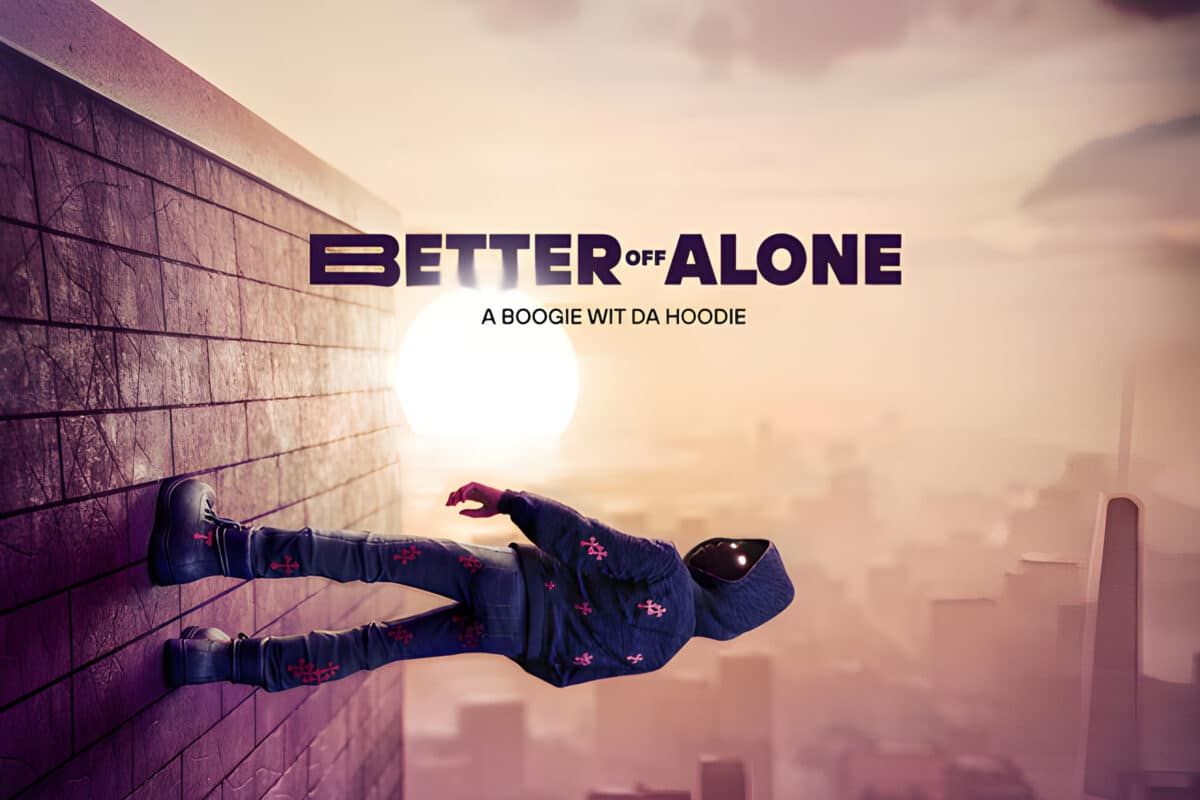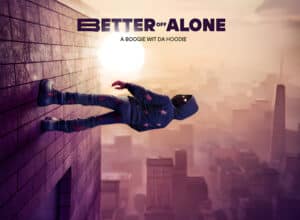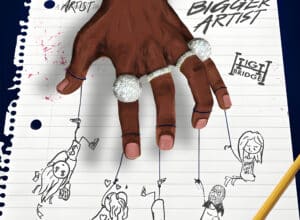Released: 2024
“Did Me Wrong” by A Boogie Wit Da Hoodie is a heartfelt track reflecting on betrayal, personal growth, and street survival. The song’s narrative captures the essence of loyalty and challenges, with the artist expressing mistrust and the pain of being let down by someone close. Throughout the song, A Boogie highlights his resilience and the ways he has coped with heartbreak and adversity, using success as his ultimate revenge.
The song kicks off with A Boogie directing his message to the person who betrayed him. He can’t believe she turned her back on him when he was all alone. Losing his friends to the feds left him isolated, but he asserts that despite people trying to copy his style, they can’t clone him. At just 19, he became the richest in his family, signifying his come-up from a tough start.
He mentions ignoring calls, not wanting company, and always staying prepared for any threats against him. The loss of a friend nicknamed Butta is evident, showing how his past haunts him. A Boogie alludes to the luxury brands he wears, which signify his success and growth, yet he remains cautious of those who might be jealous.
Transitioning into the chorus, he repeats the hurt caused by the betrayal. The name Biggavelli represents his inspirations, Max B and 2Pac, showing how he connects his struggles to those of icons. He prays for forgiveness for his own sins, signaling a self-awareness in his journey.
A Boogie navigates through mentions of flights, high-end cars like Phantoms, and feeling high, symbolizing his escape from hardships through success. He rejects being called plain, showing pride in his unique style and experiences. The repeated sentiment of being DTB, or “Don’t Trust Bitches,” reflects his ongoing mistrust of relationships after being hurt.
In the final verses, he touches on materialism—expensive jewelry, luxury brands, and international trips—indicating his elevation from the streets to a lavish lifestyle. Yet, there’s a stark reminder of pain and betrayal as he mentions being broken-hearted and becoming more cold-hearted. The song returns to its core message as he closes out, emphasizing his loneliness and constant vigilance.








